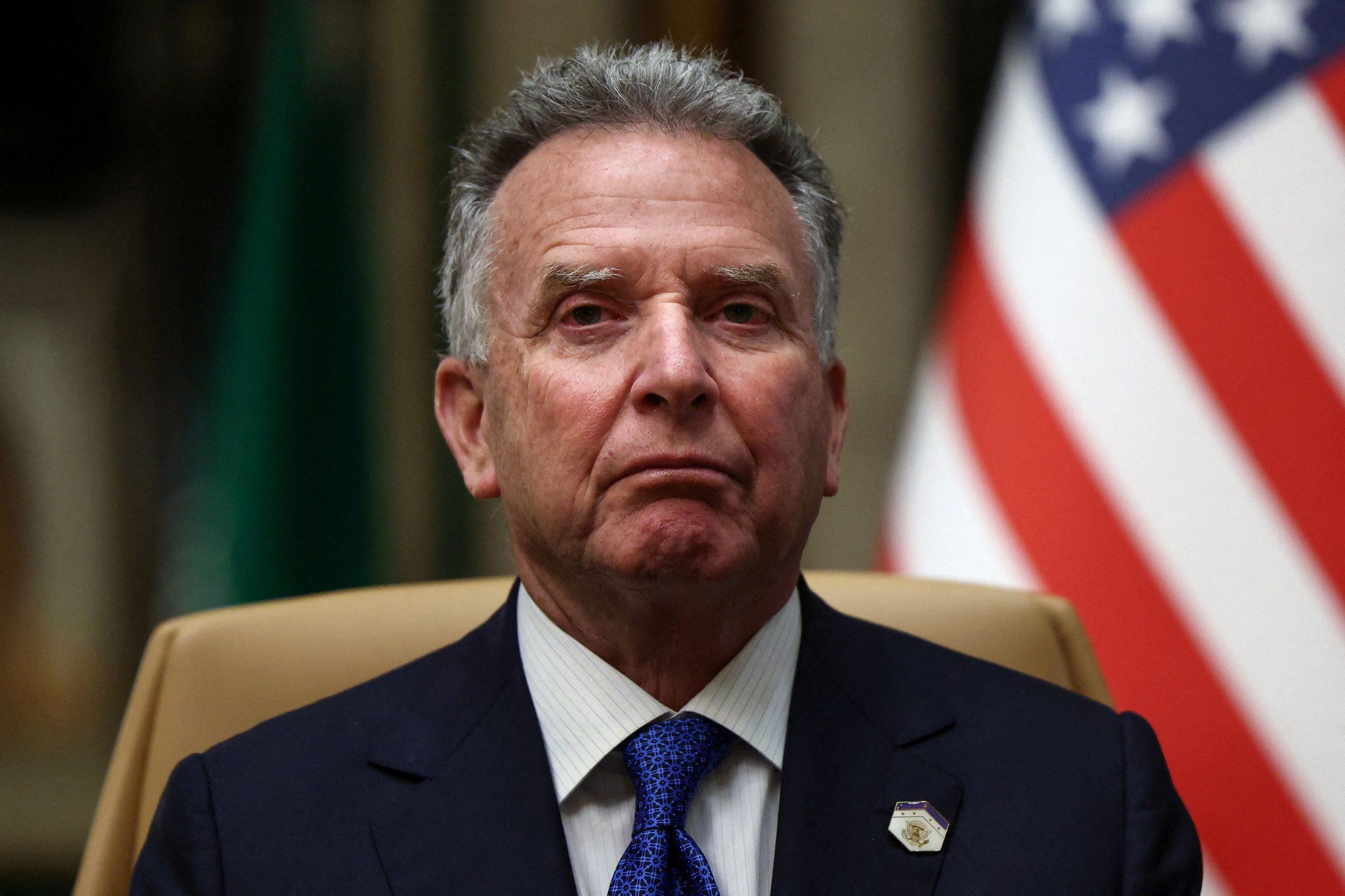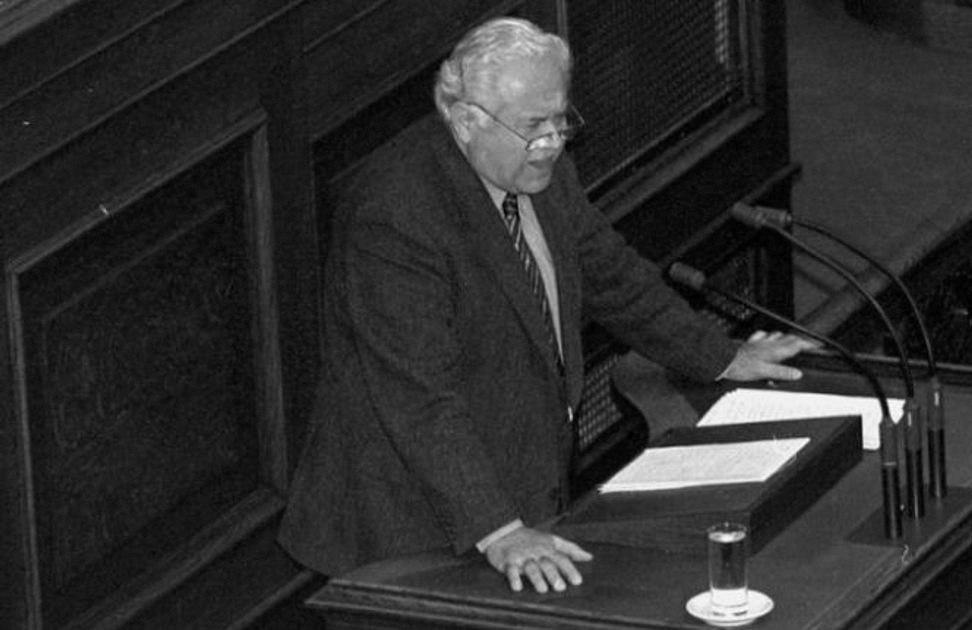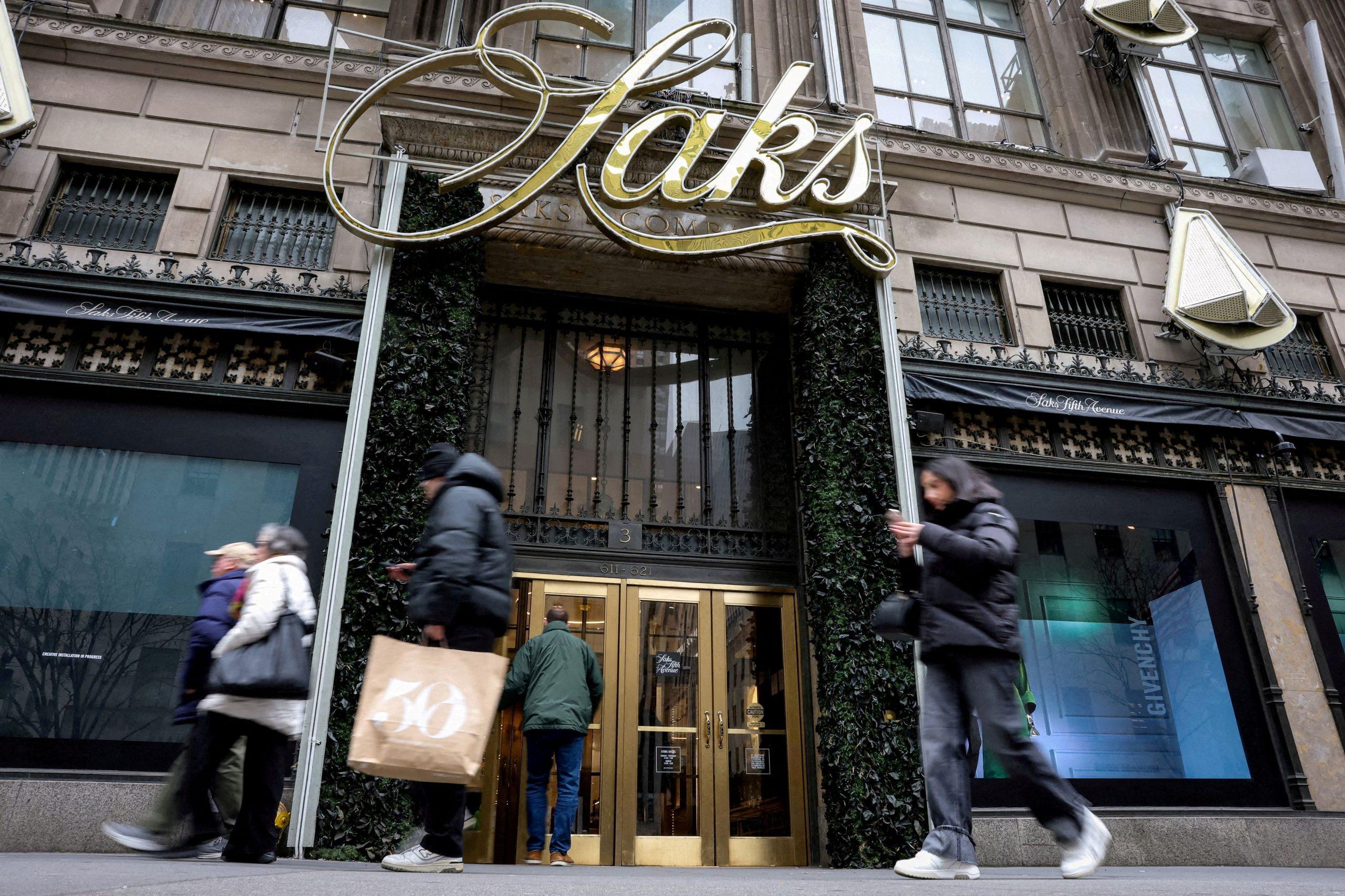The European Commission and the European Central Bank (ECB) announced on Wednesday that Bulgaria has received the green light to adopt the euro currency, with formal entry into the eurozone scheduled for January 1, 2026. The decision will make Bulgaria the 21st member of the euro area and marks a significant economic milestone for the Balkan country, which has been working toward this goal since it joined the European Union in 2007.
Meeting the Criteria
The Commission’s “convergence report” confirmed that Bulgaria met all the required economic criteria. These include maintaining low inflation, sound public finances, stable exchange rates, and long-term interest rates in line with eurozone standards. In April, Bulgaria’s inflation rate was 2.8%—just within the allowed limit—while the country’s public debt stood at 24.1% of GDP in 2024, well below the 60% ceiling. Its projected budget deficits of 3.0% in 2024 and 2.8% in 2025 also passed scrutiny.
European Commission Vice-Presidents Roxana Minzatu and Valdis Dombrovskis attend a press conference on a report concerning Bulgaria’s criteria to adopt the Euro starting in 2026 and become the 21st country to join the single currency area, in Brussels, Belgium June 4, 2025. REUTERS/Yves Herman
As a next step, EU leaders are expected to endorse the recommendation later in June, with EU finance ministers set to finalize the lev-to-euro exchange rate in July. Bulgarian central bank officials will begin participating as observers in ECB bodies, including its rate-setting Governing Council, ahead of the full transition.
Finance Minister Temenuzhka Petkova also struck a hopeful tone, stating that the switch to the euro would boost investor confidence. She acknowledged concerns and announced a public information campaign aimed at reassuring citizens and combating misinformation. “One of the biggest challenges is how to combat fake news,” Petkova said at a forum last week.
Public Doubts and Political Pushback
However, not all Bulgarians share the government’s optimism. Public skepticism has grown, with a May Eurobarometer poll showing that 50% of citizens now oppose joining the euro, up from 46% just six months earlier. Critics point to rising inflation and widespread mistrust in political institutions following a prolonged political crisis marked by weak coalitions and repeated elections.
As reported to Reuters, “When you don’t trust the institutions in the country, it is much harder to make any transition,” said Petar Ganev, a senior research fellow at Bulgaria’s Institute for Market Economics.
Protesters hold banners as they participate in a demonstration against the country’s plans of joining the euro zone, organised by Bulgaria’s ultranationalist Revival party, in Sofia, Bulgaria June 4, 2025. REUTERS/Stoyan Nenov
Concerns are especially acute among vulnerable groups and in rural areas. With an average monthly salary of 2,443 leva ($1,420.76), Bulgaria remains the EU’s poorest country. Many fear that the currency switch could accelerate price hikes and disproportionately impact those already struggling. “The change will be hard,” said 75-year-old pensioner Nikola Ragev, who sells vegetables in the town of Pernik. “People have become very poor and count their stotinki when they shop, not euros.”
Political opposition has also intensified. On Wednesday, thousands rallied outside the Bulgarian parliament in Sofia in a protest organized by the far-right Revival Party. Waving national flags, demonstrators chanted slogans like “No to Euro colonialism.”
Preparations Underway
Shops across Bulgaria have begun displaying prices in both euros and leva to help ease the transition. Although inflation is expected to temporarily rise to an average of 3.6% in 2025, the European Commission forecasts a return to below 2% in 2026—aligning with eurozone norms.
The final approval process is now in the hands of EU finance ministers. If completed as expected in July, Bulgaria will begin its final year of technical preparations before officially becoming part of the eurozone in 2026—a historic shift that may shape the nation’s economic trajectory for decades to come.
Source: tovima.com
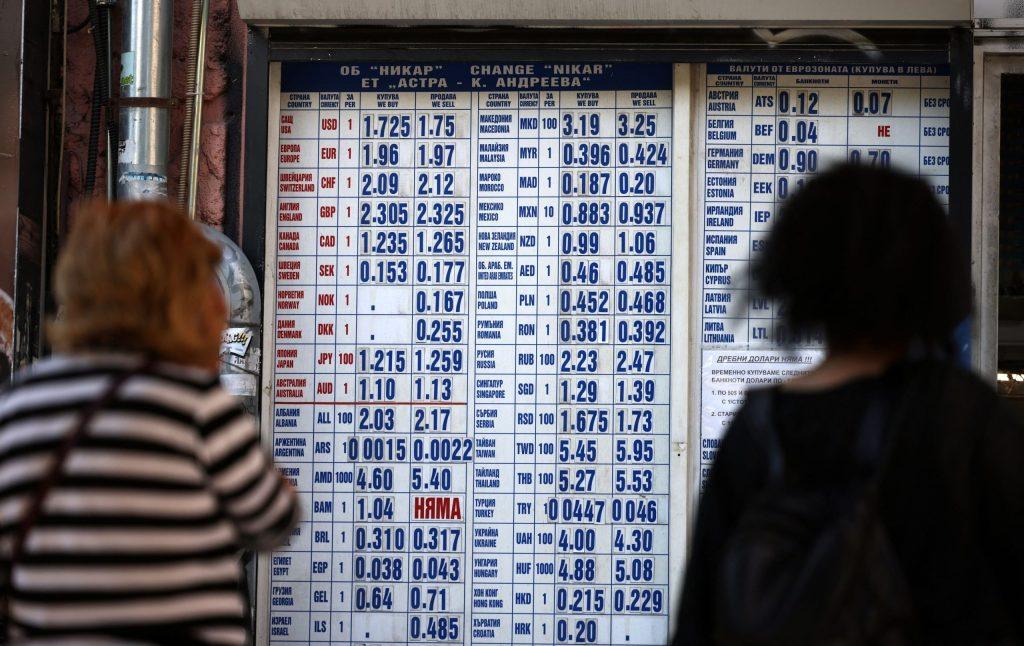
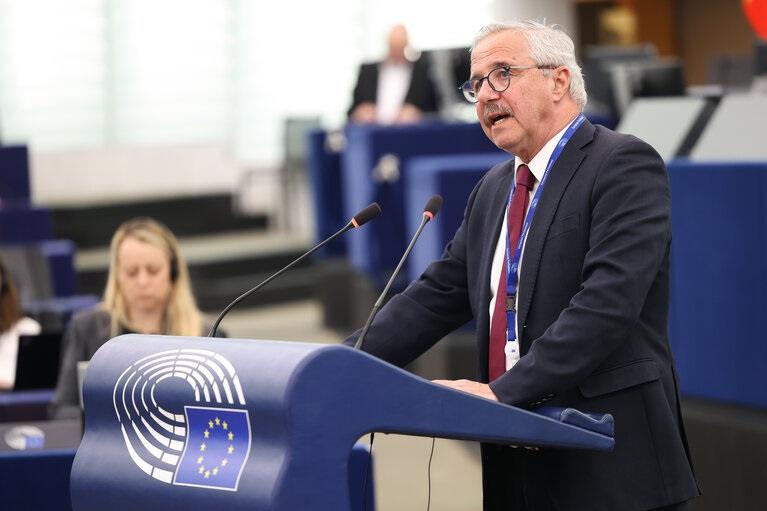









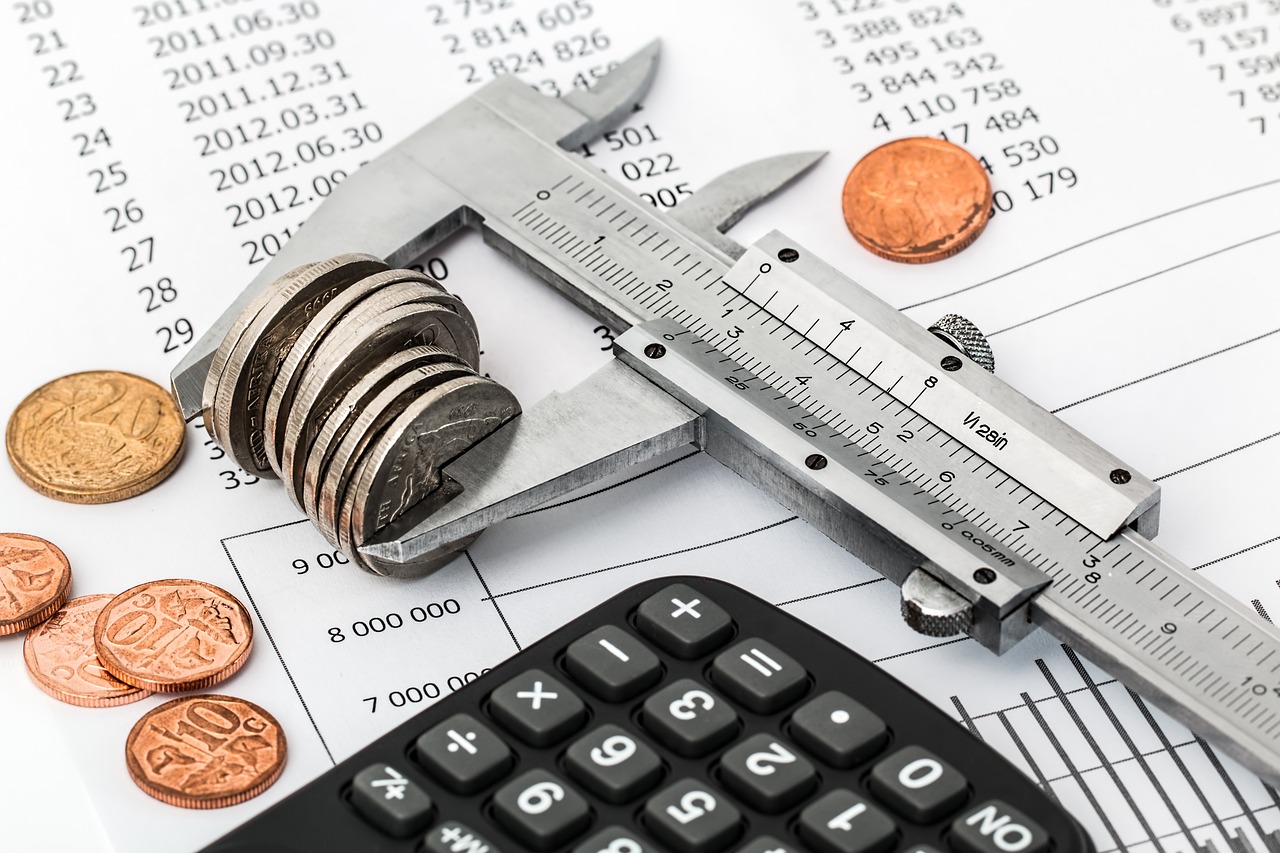




![Γραφεία: Πόσο πωλείται το τ.μ. – Οι φθηνές, ακριβές περιοχές [γραφήματα]](https://www.ot.gr/wp-content/uploads/2026/01/grafeia.png)
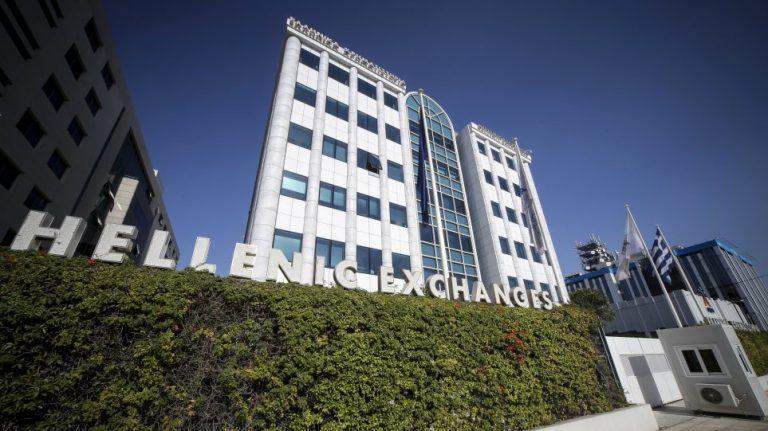

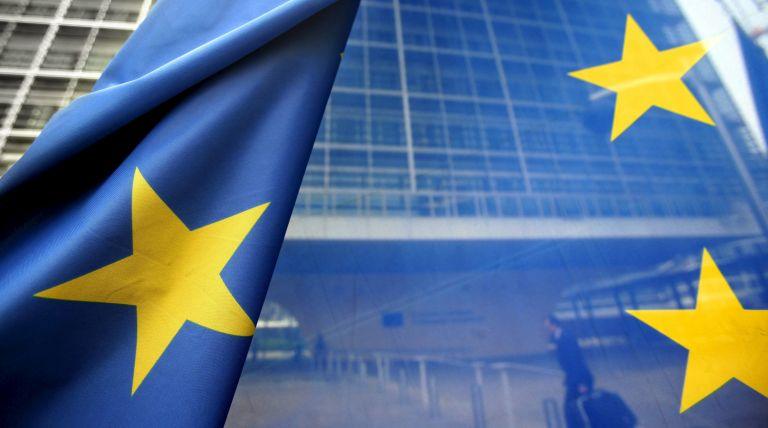







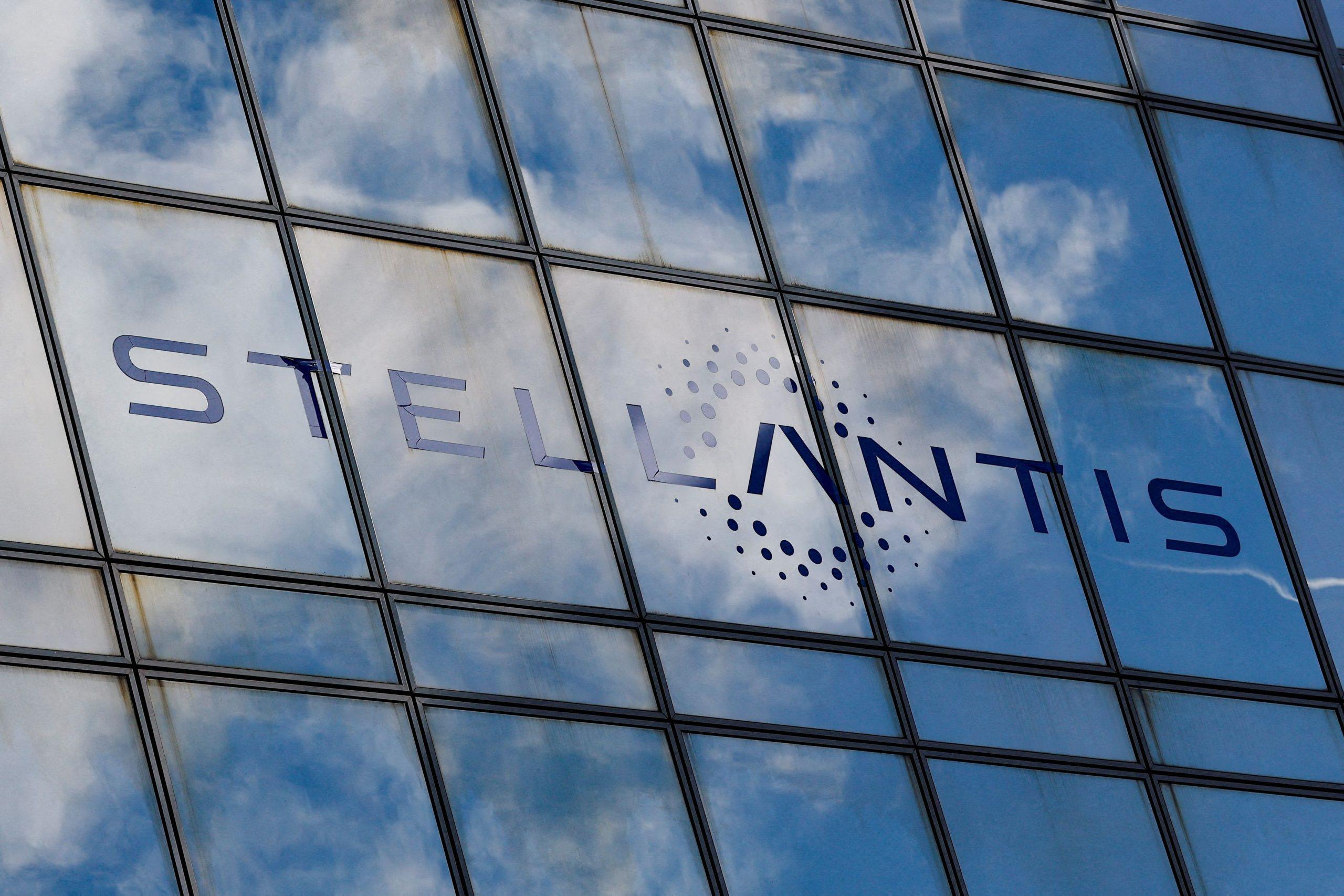






![Ρωσία: Η πολεμική μηχανή του Πούτιν ξεμένει από καύσιμα [γράφημα]](https://www.ot.gr/wp-content/uploads/2025/10/RUSSIA-MARKETS-1024x654-1-768x491-1.jpg)

